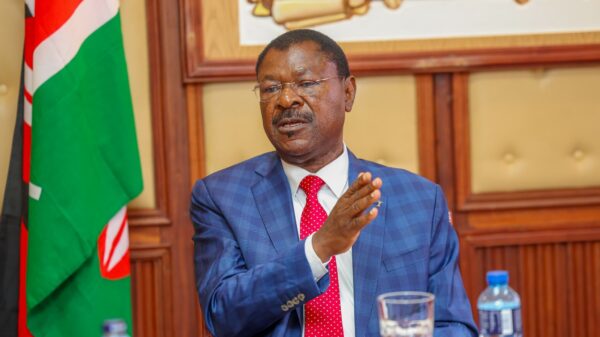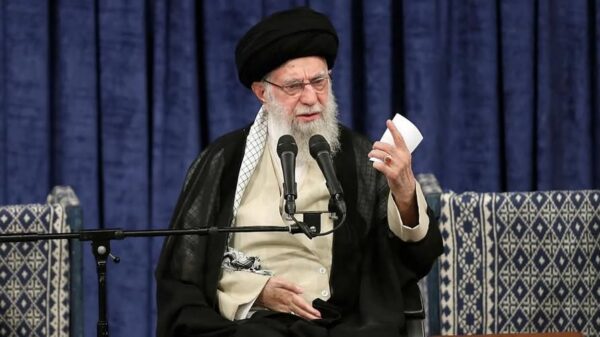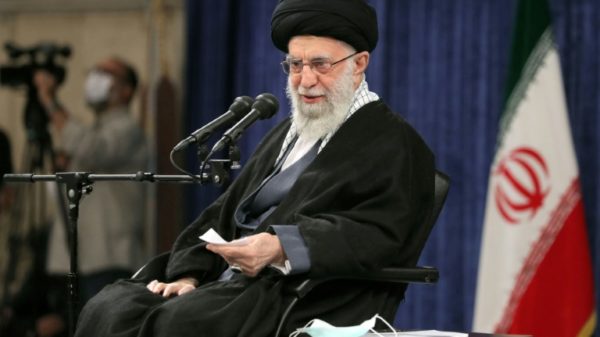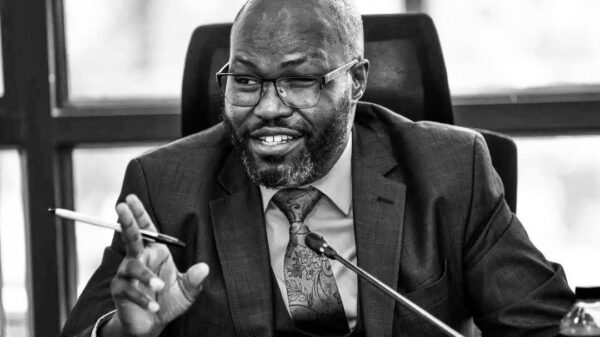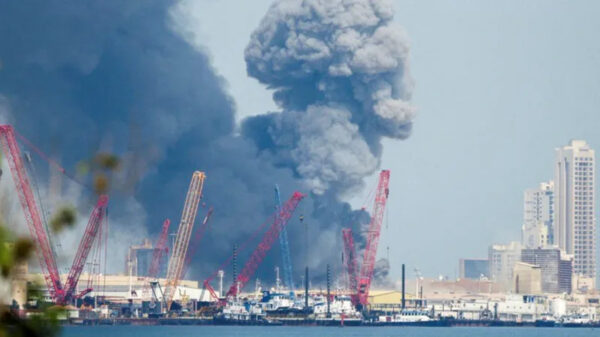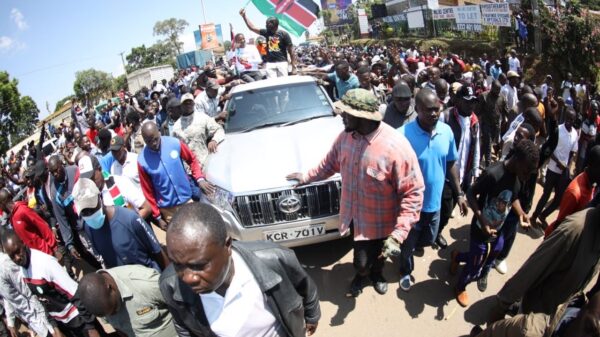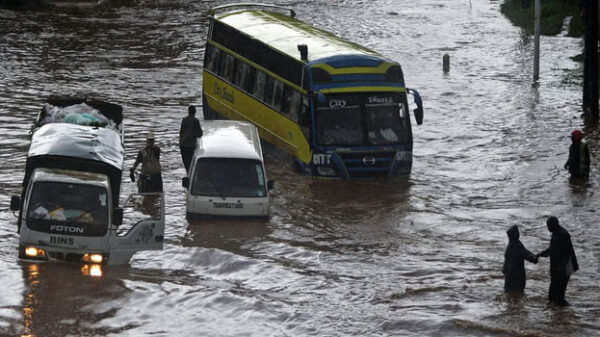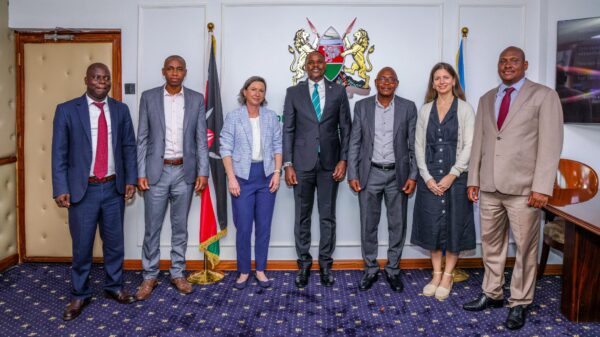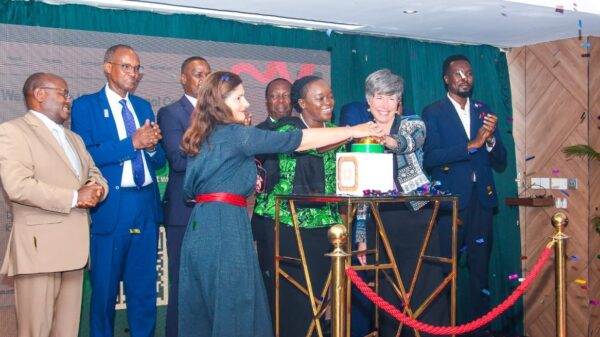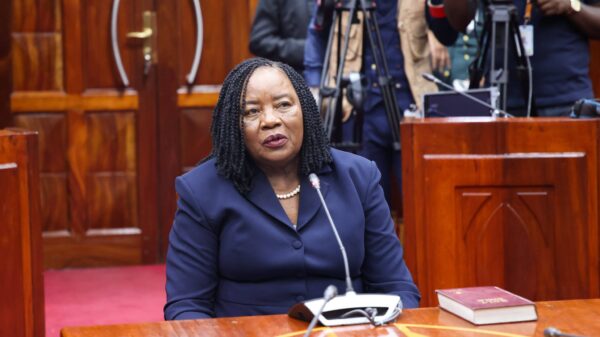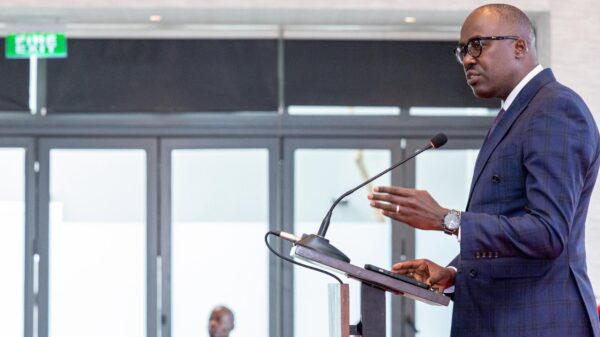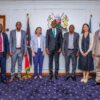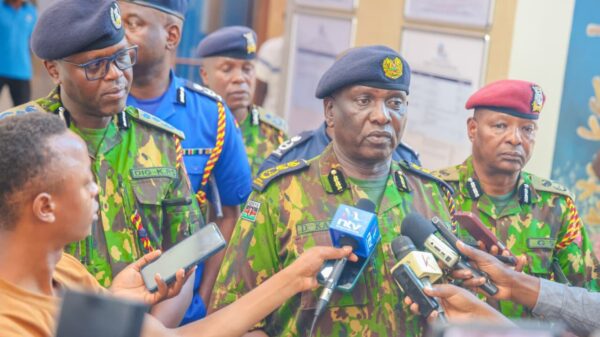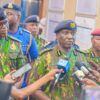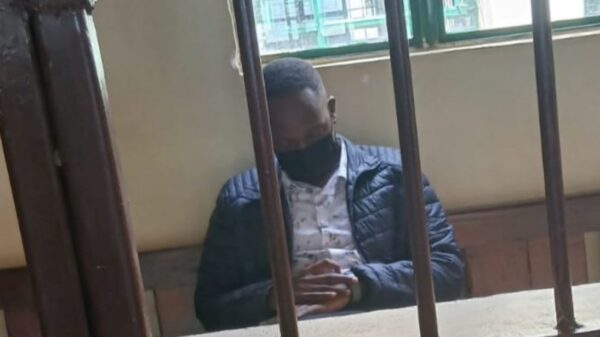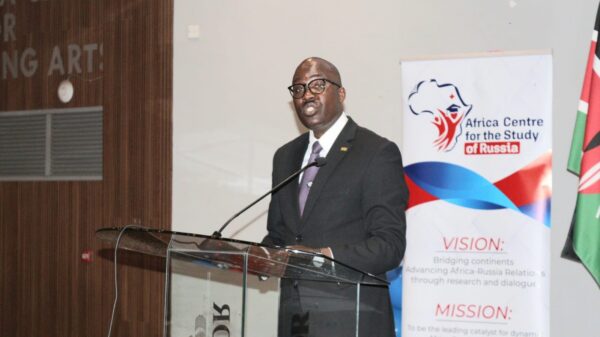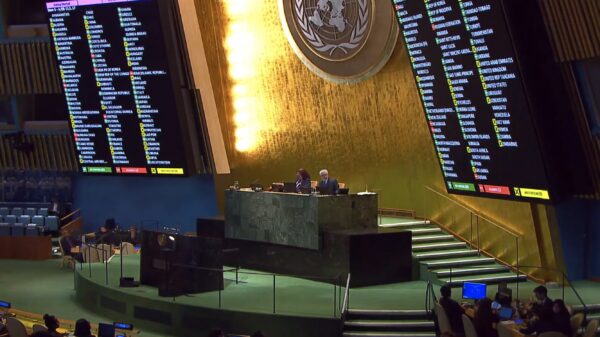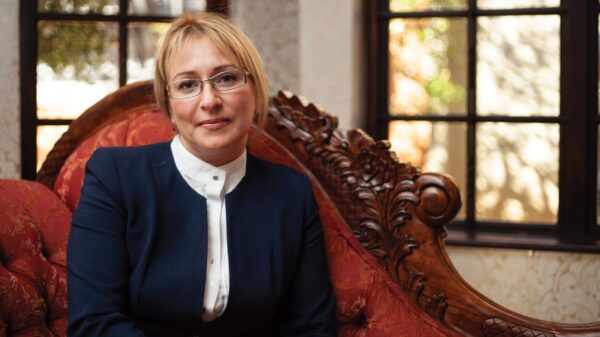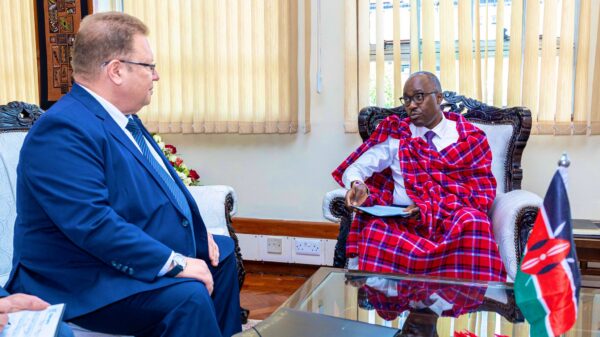NAIROBI, Kenya, Oct 4 — Russia has “corrected” Kenya’s assertion that the United Nations Security Council (UNSC) unanimously adopted a resolution transforming the Kenya-led Multinational Security Support (MSS) mission in Haiti into a new Gang Suppression Force (GSF).
Moscow’s Deputy Ambassador to the United Nations, Dmitry Polyanskiy, in a rejoinder to Kenya’s Foreign Affairs Principal Secretary Korir Sing’oei social media post on the matter noted the resolution — officially Resolution 2793 (2025) — was not passed unanimously.
Polyanskiy pointed to the abstention of Russia, China, and Pakistan from the vote in his rejoinder on Friday.
“I have to respectfully correct our Kenyan brothers — the resolution wasn’t adopted unanimously. Russia, China, and Pakistan abstained,” Polyanskiy said.
“We didn’t block this proposal — with heavy hearts and only heeding the pleas from Latin American and African countries. But we are afraid the Council is being dragged into another adventure.”
His remarks came after Sing’oei, in a Wednesday statement, hailed what he described as the “unanimous adoption” of the resolution as a welcome milestone in efforts to restore peace and security in gang-ravaged Haiti.
“The unanimous adoption of Resolution 2793 (2025) last night by the UN Security Council is a welcome development in the pursuit of a more peaceful and secure Haiti,” Sing’oei said in his October 1 statement.
Following the vote, the Russian Mission to the UN issued an explanation of vote delivered by Ambassador Vassily Nebenzia, elaborating Moscow’s reservations about transitioning from the MSS to the GSF.
The MSS mandate officially expired on October 2.
Respect for Haiti
Nebenzia said Russia abstained out of respect for appeals by Haiti’s government and neighboring states not to obstruct the measure. However, he cautioned that the Council was being “thrust into a highly dangerous and poorly thought-out mission.”
“We have every reason to believe that this new mission, under yet another resonant name, will prove to be no different [from the MSS],” Nebenzia said.
“The MSS failed to achieve even half of its projected capacity due to unfulfilled donor pledges regarding its funding.”
He criticized what he termed chronic underfunding of the outgoing MSS, saying it had led to further deterioration of security in Haiti and the continued expansion of gang influence.
Nebenzia also raised concerns about the GSF’s “virtually unrestricted mandate to use force,” lack of clear funding guarantees, and the potential use of the UN regular budget for logistical support despite the organization’s financial strain.
“Do you want action, or do you want results?” he asked Council members.
“Ill-conceived and rushed steps can lead to outcomes entirely contrary to our goals,” he cautioned.
Underfunded Kenya-led mission
Kenya has led the MSS since 2023, deploying 735 police officers as part of a roughly 1,000-strong force backed by Jamaica, El Salvador, Guatemala, Belize, and the Bahamas, with a significant share of financial support coming from Canada.
However, the mission has struggled with inadequate funding and logistical delays.
Sing’oei said Kenya “welcomes the transition” and views the GSF — authorized for an initial 12-month mandate with about 5,500 personnel — as a necessary escalation to combat entrenched armed gangs.
The resolution establishing the GSF was adopted on Tuesday with 12 votes in favor and three abstentions — Russia, China, and Pakistan — under the presidency of South Korea. None of the Council’s members voted against it.
The United States, which co-sponsored the resolution alongside Panama, described the transition as an “important step” toward stabilizing Haiti after years of violence and political paralysis.
“This adoption offers Haiti hope,” said US Ambassador Mike Waltz.
“That hope has been slipping away as gangs expanded their territory, raped, pillaged, murdered, and terrorized the Haitian population. The very existence of the Haitian state is at stake.”
The GSF will assume responsibility for operations in Haiti, supported by a new UN Support Office and the Organization of American States (OAS), which will provide logistical and administrative assistance.
Kenya’s future role in the mission remains uncertain, as the new force is expected to be larger, more heavily armed, and empowered to conduct offensive counter-gang operations.

